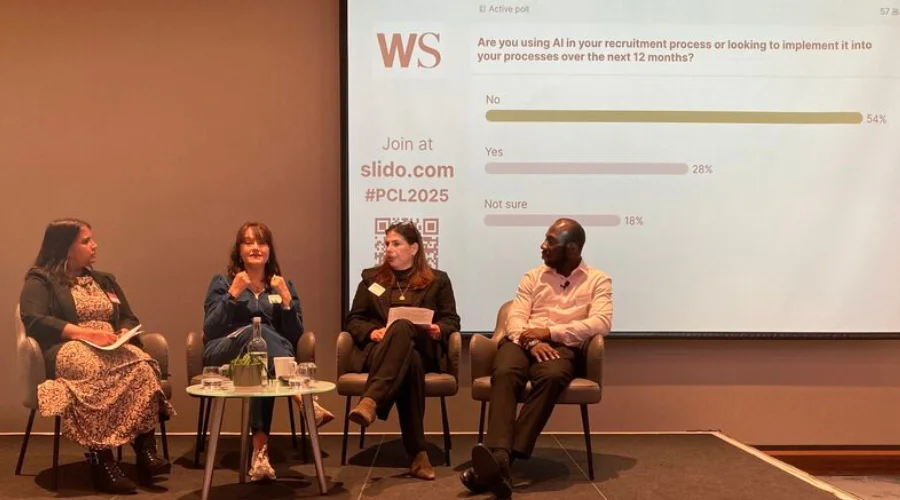
Quick CV Dropoff
Want to hear about the latest non-profit and public sector opportunities as soon as they become available? Upload your CV below and a member of our team will be in touch.

Ever heard the term “they’re not the right fit for our culture”?
This is a common reason given when a candidate is not offered the job after interview, but why exactly has the candidate been rejected?
When an organisation wants candidates to FIT with their culture, they have often created a workplace environment where everyone has the same points of view and life experiences. There are assumptions that if someone has a similar personality and social skills as other team members they will succeed, and this will increase team bonding and productivity.
The team can be diverse in the way of gender or race for example, but you often find these homogeneous teams share similar perspectives, beliefs, backgrounds or hobbies - for example all team members went to university, vote for the same political party, or share a passion for sport. A candidate that doesn’t share these can be rejected even though they have the right skills and potential for the role.
Whilst recruiting for culture FIT does have its advantages - it is easier to use the same recruitment methods to recruit like for like, it can avoid misunderstandings in the workplace, and can provide equal access and participation for all team members, the disadvantages far outweigh these and recruiting for culture FIT can lead to:
So what is culture ADD and why is it a better option when recruiting?
When recruiting for culture add you are looking for new candidates that will bring something to the team beyond the similar style of the current culture, they ADD to the culture, rather than simply slotting in. Over time you will create a heterogeneous team and a wealth of benefits:
How you can successfully recruit to ADD to your culture
Adding to the culture requires consideration of communication and working processes as the team develops. Managers need support as they may have only led a team of similar personalities before and will need to consider mixed learning and communication styles, different abilities, motivators, and potential adjustments within the team. They may never have experienced a team member questioning the status quo and must be open to hearing new ideas and alternatives to current processes.
When recruiting for culture ADD, inclusive recruitment and leadership is essential. Audit the interview process and identify any steps that might (unconsciously) lead to bias or discrimination in the process. Before recruiting, it is good practice to identify what is currently missing from the existing culture so you can prepare interview questions accordingly - what skills, talents, experience, characteristics, or personality types are absent?
Interview questions should aim to establish the candidate’s way of working, thinking and behaving – by asking the right questions and looking for the right answers you can add to the culture rather than just looking for someone to fit in. Interview questions should aim to establish:
Interview questions that can help establish if the candidate can ADD to the culture include:
Once you have recruited for culture ADD, it is essential to be open to cultural differences and new ways of working to ensure the new candidate, and all staff, feel included and comfortable to be themselves at work. Encourage employees to share their experiences and learn from each other and this will thoroughly enrich the existing company culture.
If you would like to discuss recruiting for culture add, or inclusive recruitment in more detail, please get in touch at: diane.duberry@tpp.co.uk / 020 7198 6110